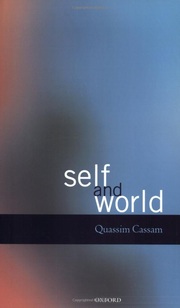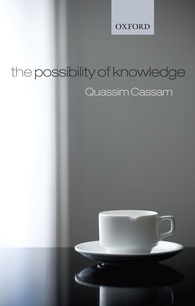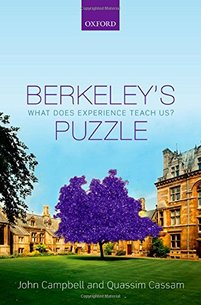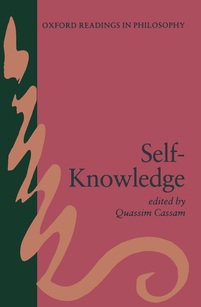About the site
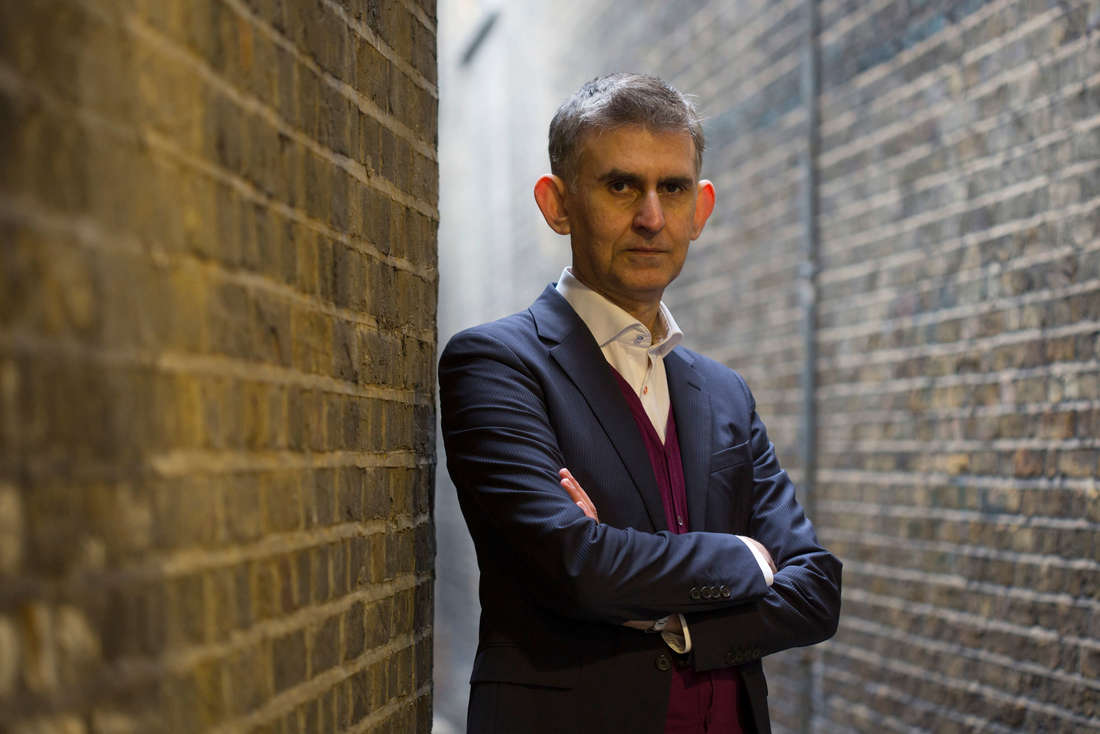
Welcome and thanks for stopping by! If you have any interest in the philosophy of self-knowledge then you’re in the right place. Although I’m a philosophy professor this website isn’t just for academics. You don’t have to be an academic to want to know about self-knowledge – to know what it is, how to get it, and whether it matters- and I hope you will find something of interest here whether you are an academic, a student, or just curious.
Maybe you’ve heard of the Ancient Greek maxim “Know Thyself” and Socrates’ observation that the unexamined life isn’t worth living. But what is self-knowledge, and how is such a thing even possible for us? How do we gain self-knowledge, and is this kind of knowledge
easy or difficult for us to have? How much self-knowledge can we have, and to what extent is self-ignorance something we have to live with? Why does self-knowledge matter anyway? Is it really true that a life without self-knowledge wouldn’t be worth living? These are some of the questions that are – or should be- at the heart of the philosophy of self-knowledge.
If you have ever tried to read what philosophers say about self-knowledge you will know that it can be hard going. The mission of this website is to provide a guide to the subject for the philosophically curious. Questions about the nature, sources, and extent of
self-knowledge aren’t just of academic interest. They also matter to us as human beings, and the human dimension of self-knowledge is the focus of this website. It is also the focus of my recent book Self-Knowledge for Humans, which tries to combine philosophical insights about self-knowledge with insights from other fields such as psychology and literature. Self-knowledge isn’t just for philosophers to discuss.
Trying to learn about self-knowledge can be daunting. If you are new to this subject you might like to start with my Beginner’s Guide to Self-Knowledge. Elsewhere on this site you will find a blog, recordings of lectures and interviews about self-knowledge, a resources section with a guide to further reading, and information about the relevance of self-knowledge for fields other than philosophy.
Maybe you’ve heard of the Ancient Greek maxim “Know Thyself” and Socrates’ observation that the unexamined life isn’t worth living. But what is self-knowledge, and how is such a thing even possible for us? How do we gain self-knowledge, and is this kind of knowledge
easy or difficult for us to have? How much self-knowledge can we have, and to what extent is self-ignorance something we have to live with? Why does self-knowledge matter anyway? Is it really true that a life without self-knowledge wouldn’t be worth living? These are some of the questions that are – or should be- at the heart of the philosophy of self-knowledge.
If you have ever tried to read what philosophers say about self-knowledge you will know that it can be hard going. The mission of this website is to provide a guide to the subject for the philosophically curious. Questions about the nature, sources, and extent of
self-knowledge aren’t just of academic interest. They also matter to us as human beings, and the human dimension of self-knowledge is the focus of this website. It is also the focus of my recent book Self-Knowledge for Humans, which tries to combine philosophical insights about self-knowledge with insights from other fields such as psychology and literature. Self-knowledge isn’t just for philosophers to discuss.
Trying to learn about self-knowledge can be daunting. If you are new to this subject you might like to start with my Beginner’s Guide to Self-Knowledge. Elsewhere on this site you will find a blog, recordings of lectures and interviews about self-knowledge, a resources section with a guide to further reading, and information about the relevance of self-knowledge for fields other than philosophy.
About me
I’m Professor of Philosophy at the University of Warwick, UK. My first job in Philosophy was at Oxford University, where I taught from 1986-2004. During this time I was a Fellow of Wadham College, Oxford. Oxford is also where I did my undergraduate degree (in Philosophy, Politics and Economics) and D. Phil.
From Oxford I went on to be Professor of Philosophy at University College London, and then Knightbridge Professor of Philosophy at Cambridge University. I moved from Cambridge to Warwick in 2009.
My first book was Self and World, published by Oxford University Press in 1997. It’s a book about self-awareness and the importance of bodily awareness for self-awareness.
My second book, The Possibility of Knowledge (2007) is about ‘how-possible’ questions in philosophy – questions of the form, ‘how is such-and-such a thing (e. g. knowledge) possible?’
I published two books in 2014, Self-Knowledge for Humans and, with John Campbell, Berkeley’s Puzzle: What Does Experience Teach Us?
In addition to these books, I also edited a collection of essays on self-knowledge in the series Oxford Readings in Philosophy.
I live in London with my wife, Deborah Ghate, the Founding Director and Chief Executive of the Colebrooke Centre for Evidence and Implementation
From Oxford I went on to be Professor of Philosophy at University College London, and then Knightbridge Professor of Philosophy at Cambridge University. I moved from Cambridge to Warwick in 2009.
My first book was Self and World, published by Oxford University Press in 1997. It’s a book about self-awareness and the importance of bodily awareness for self-awareness.
My second book, The Possibility of Knowledge (2007) is about ‘how-possible’ questions in philosophy – questions of the form, ‘how is such-and-such a thing (e. g. knowledge) possible?’
I published two books in 2014, Self-Knowledge for Humans and, with John Campbell, Berkeley’s Puzzle: What Does Experience Teach Us?
In addition to these books, I also edited a collection of essays on self-knowledge in the series Oxford Readings in Philosophy.
I live in London with my wife, Deborah Ghate, the Founding Director and Chief Executive of the Colebrooke Centre for Evidence and Implementation
